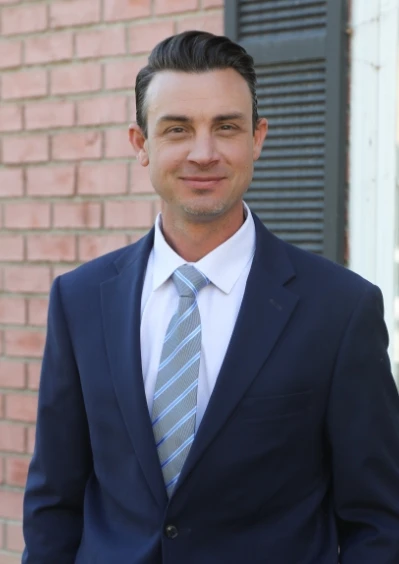Chain Reaction Vehicle Collisions – Establishing the At-Fault Party
Vehicle collisions are almost always problematic situations and can cause extreme anxiety. Oftentimes, drivers can find themselves in a troublesome dispute about who is at-fault in the vehicular accident. There are certain vehicle accidents, however, that can prove to be even more complex and complicated. What happens when a driver is involved in a multi vehicle collision? This article will highlight important factors you should consider if you ever find yourself enthralled in a chain reaction auto accident.
Chain Reaction Car Accidents: Understanding Potential Scenarios
A chain reaction vehicle accident will typically involve three or more cars and are predominantly caused by an initial party. However, even if a party initially caused the first collision, there are other factors that may break the chain of collision thereby allocating liability or a portion of liability to other parties in the chain of collision. Many drivers involved in chain reaction vehicle accident will usually find it challenging in determining what party should be held at fault. In even more complex situations, there will be more than one party responsible for the collision.
The following are a few common examples of how a chain reaction vehicle collision can occur:
Scenario #1
Traffic stops and narrow roads are potential places where multi-vehicle collisions can occur. A vehicle waiting at a stoplight can be struck from behind by another vehicle waiting for the same traffic light. These types of cases usually involve a third vehicle that failed to stop in time, thereby striking one car first and this car striking the vehicle in front. Although a car can be at a stoplight, the sheer force of being struck can force it to move forward, thus being forced to hit the vehicle in the front.
Scenario #2
Some of the most dangerous multi-vehicle collisions involve pileup collisions. These auto accidents can involve a multitude of accidents often involving more than four cars. Pileup accidents usually occur when an initial vehicle makes a sudden stop in highway where vehicles are typically expected to travel at higher speeds. The sudden stop can then cause an initial accident, which will quickly involve a multitude of other vehicles that failed to stop in time to avoid the initial accident.
Establishing At-Fault Parties
Multi-vehicle collisions can typically involve more than one at-fault party. In some cases, the driver who caused the initial accident will be held liable for the incident. As previously mentioned, however, multiple parties can be held accountable for the incident in its entirety or a part of it. Understanding which party was negligent in the incident is key to establishing fault. The following is a list of elements that can help you determine what party was negligent in the car accident:
- The driver that failed to use his or her signals
- The vehicle with malfunctioning brake lights
- The speeding driver
- The distracted driver
- The agency that failed to maintain a clear road with visible traffic signs
The Bottom Line: Seek Professional Legal Support
A chain reaction vehicle accident can be highly complex and can often require the experience of a skilled attorney. A proficient attorney will likely investigate the case and help to establish potential at-fault parties. If you or someone you know has been involved in a multi-vehicle accident, seek the professional support of an experienced attorney who can advocate for the case.
The attorneys at the Knez Law Group have extensive experience in handling chain reaction auto accident claims. They are dedicated to helping victims obtain financial compensation for injuries sustained from accidents caused by negligent parties. Vehicle accidents in the State of California are time sensitive; seek the support of a competent legal team as soon as possible.

Andrew J. Knez earned his Bachelor of Arts degrees in Political Science and Criminal Justice from California State University, Fullerton. During his college years, he was a member of the Pi Kappa Phi Fraternity and interned at the College Legal Clinic, where he assisted underprivileged communities in obtaining affordable legal services. Mr. Knez credits this experience with fostering his appreciation for the law and its positive impact on society. Additionally, during college, Mr. Knez worked as a paralegal, gaining hands-on experience in civil litigation. Learn more here.
